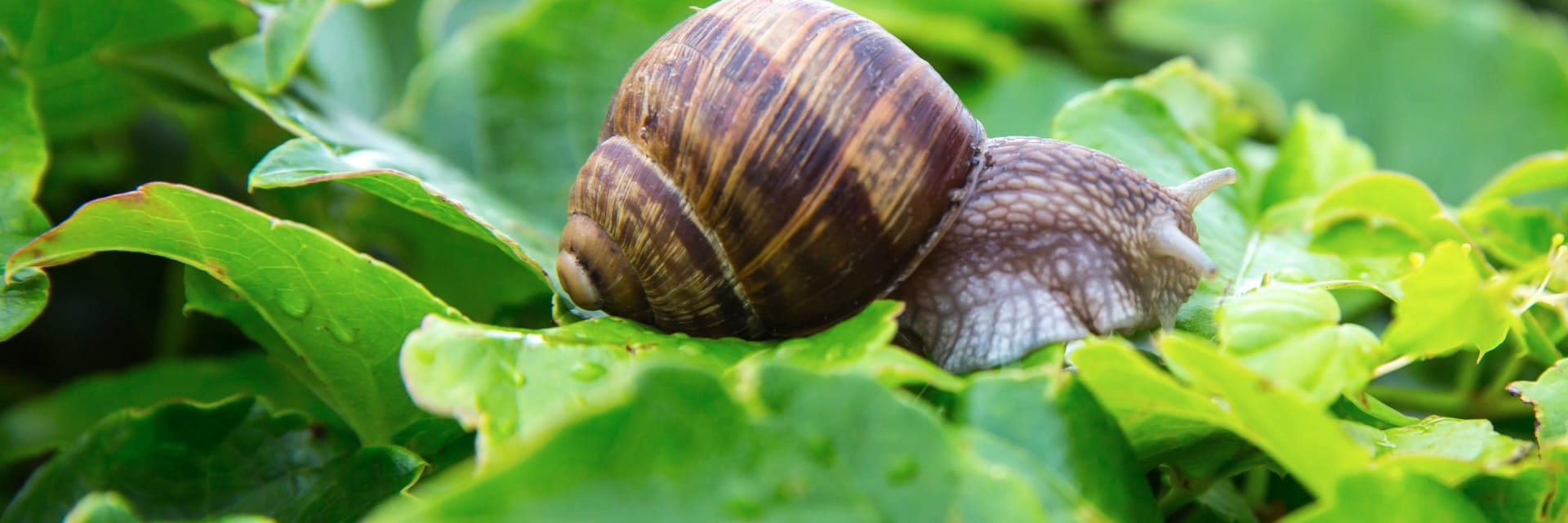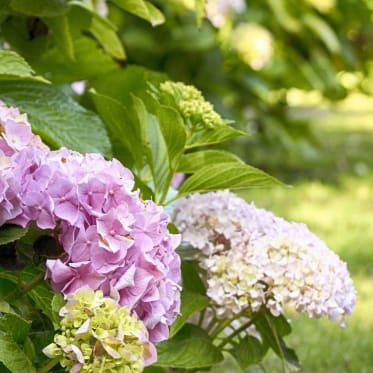Frequent search terms

- COMPO
- Guide
- Plant Care
- Basics
- Organic gardening
- Protecting plants against pests in a natural way
Protecting plants against pests in a natural way
There are many gentle, effective options for protecting plants against unpleasant pests in a natural way for gardeners who prefer to keep things organic. Here is a small selection.

Mechanical barriers keep pests at bay
Simple and effective: Create mechanical barriers to protect your plants against pests. This stops the little gannets from nibbling on your plants. You can use small-meshed nets and non-woven materials to make it more difficult for vegetable flies and cabbage white butterflies to access your plants. Special fences and raised beds are also effective against snails and other crawling pests.

Use plants that pests don't like
Preventing nematodes with summer flowers
Nematodes are threadworms. These pests tend to infest strawberries, carrots, potatoes and celery in particular. Plant echinacea, tagetes or calliopsis, as their roots give off a scent that attracts nematodes. When the roots are nibbled at, the plant produces a toxic substance that kills the nematodes. Keep the soil as weed-free as possible, as wild herbs can act as intermediate hosts for nematodes.
Snails can't stand strong-smelling garden herbs
What we humans love, snails loath, e.g. the smell of thyme and rosemary. Slugs can't stand the smell of incense, either. They also can't eat ferns, grass and furry foliage plants. So plant them at the edges of your beds to significantly reduce the risk of snail infestation.
Aphids don't like nettles
Did you know that nettle brew helps against aphids? Simply add three tablespoons of nettle herb to one litre of boiling water and allow the mixture to infuse for one day. Then sieve it, pour the liquid into a spray bottle and spray the plant with the concoction. Apply on a daily basis.
Tip
Ladybirds kill up to 150 aphids a day! So, offer this important beneficial insect a habitat that is as natural as possible.

Use adhesive traps
Insecticide-free glue traps are a particularly good alternative for effectively catching flying pests for ornamental plants, trees and shrubs or food crops. Sticky traps for plants in your home or on your balcony are simply placed in the flowerpot with a wooden stick. They stop whiteflies, fungus gnats, cicadas and thrips in their tracks. Fruit trees are often attacked by fruit flies or maggots. Special adhesive traps with attractants which are stuck to the trees with binding wire are helpful against these.
You might also be interested in these topics









